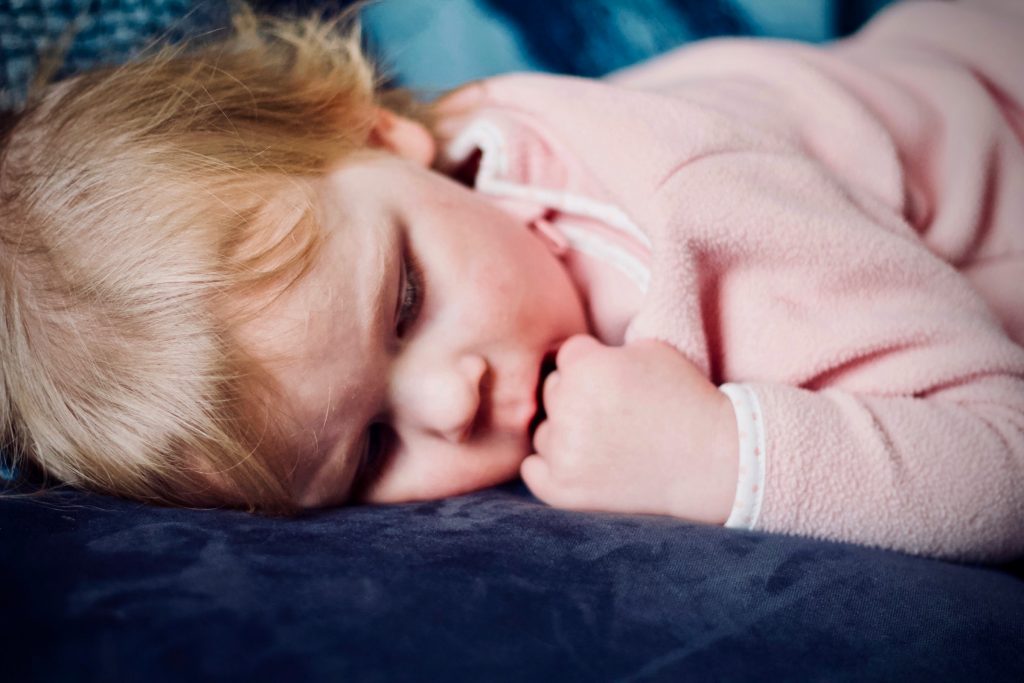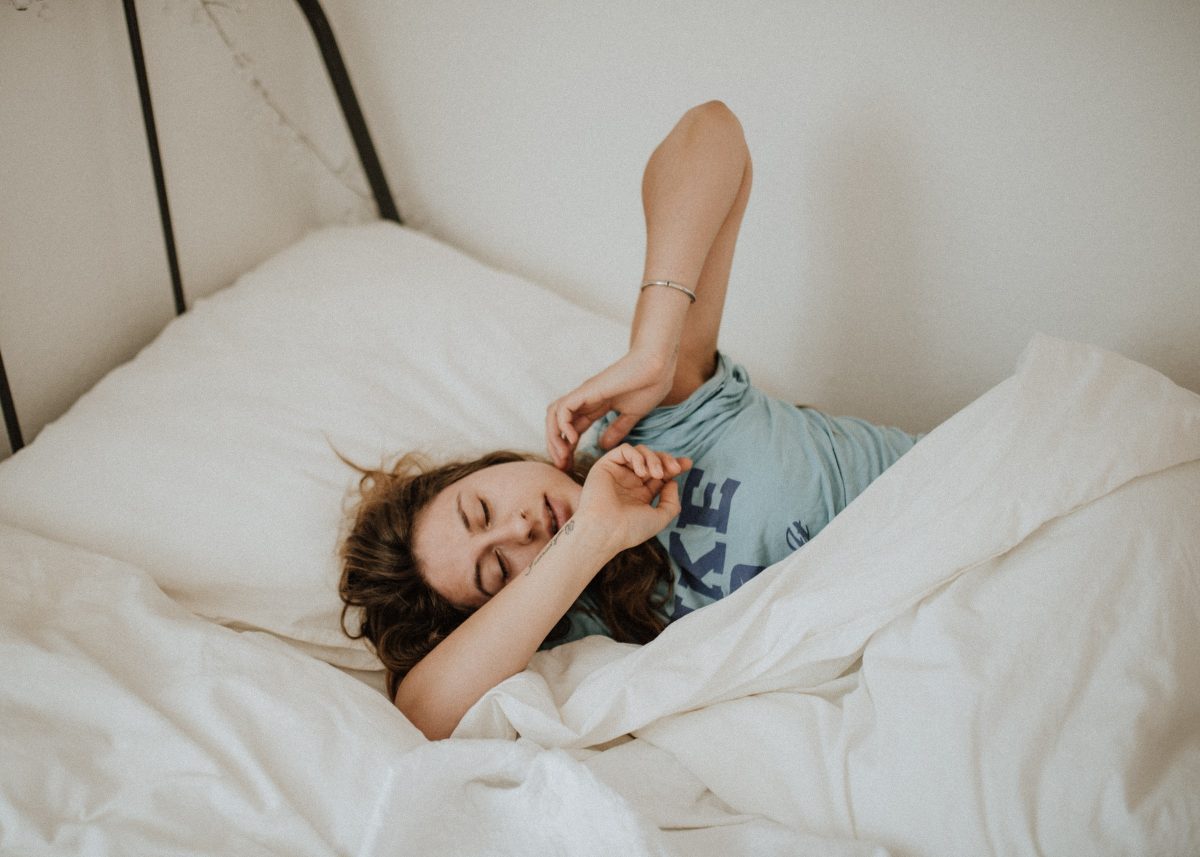Adequate sleep is something that people of all ages need to stay healthy and happy. It’s especially important during childhood and adolescence when the brain is still developing. Unfortunately, many children and teens aren’t getting the sleep they need. According to Sleep Standards, most teens are sleep deprived — a recent study found that only 15% reported sleeping 8 1/2 hours on school nights.
As a parent, you probably know just how important it is for your children to get enough sleep. But have you ever thought that your own sleep patterns could be affecting how much rest your kids are getting? Here’s what you need to know so the whole family can get more (and better) sleep.
Know the Facts About Sleep Deprivation in Children & Teens
To understand just how important sleep is for kids and teens, we need to look at how a lack of sleep can have an impact on their health and well-being. Overall, sleep deprivation can contribute to diabetes, obesity, mental health disorders, disruptive behavior, and more. Having the proper tools and information at your disposal to understand the effects of a lack of sleep is important and can primarily affect vulnerable populations.
The effects of sleep deprivation can even disrupt normal brain development. Poor and inadequate sleep has been associated with structural changes in the brain and can contribute to issues with memory, cognition, and attention.
Sadly, chronic sleep deprivation in young people is very common. In 2013, 68.4% of high schoolers were sleeping less than 8 hours each night. Younger children need even more than 8 hours to stay healthy.
Be Sure to Reduce Screen Time Before Going to Sleep
By this point, we all know that we shouldn’t have screens in our bedroom. The light from electronic devices can disrupt melatonin production, making it harder for us to fall asleep. Plus, if we’re engaged with media use, it’s much more interesting to keep using our devices than it is to go to sleep.
As a parent, you need to set boundaries surrounding screen time and enforce them for the whole family. If you tell your kids to turn off their devices two hours before bed but you’re still surfing on your iPad, they might not take the rules very seriously.
Are You Letting Your Kids Get Enough Sleep?
Kids and teens need more sleep than adults. Their developing brains need extra time for rest, and it’s important for parents to help them get the amount that they need. The amount of sleep needed decreases as a child grows up, but even children as old as 13 may need up to 11 hours of sleep each night, while older teens need 8-10 hours.
So how can you, as a parent, help your child get enough sleep? You might consider setting an earlier bedtime for the family so that everyone goes through the ritual of tucking in for the night together. Then, the adults can get up early and have some time for themselves in the morning before the kids get up. You need to let your kids get enough sleep, even if that means making some adjustments in your schedule.

Consider Having Kids and Teens Meditate Before Sleep
Kids are often over-stimulated in the evening, whether from media use, homework, or family time. When bedtime rolls around, it’s a good idea to have everyone take a deep breath and start to wind down.
One good way to do this is to implement a daily meditation practice in your household before bed. Relaxation techniques can be helpful for children who find their mind racing at night, have anxiety, or just can’t calm down enough to sleep restfully. Meditation can help to improve well-being, and might just set the mood for a restful night’s sleep.
Be Active With Your Kids During the Day
Achieving deep and restful sleep starts long before bedtime. Exercise is important for both physical and mental health but will also help kids sleep more soundly. Physical activity doesn’t have to mean structured exercise—it can be tag in the backyard, yoga together in the living room, and even chores like cleaning or helping with dinner.
Kids spend a lot of time in front of their devices or sitting at a desk, especially during the school year. You might have to get creative to keep the family active, but it will be well worth the effort. Plus, it’s good for you, too!
Be a Good Role Model
When it comes to building better sleep habits in your household, you can’t just tell your kids what to do. You have to model good behavior yourself. Being a role model for good sleeping habits isn’t always easy, but it will make your home happier and healthier more quickly than you might imagine.




